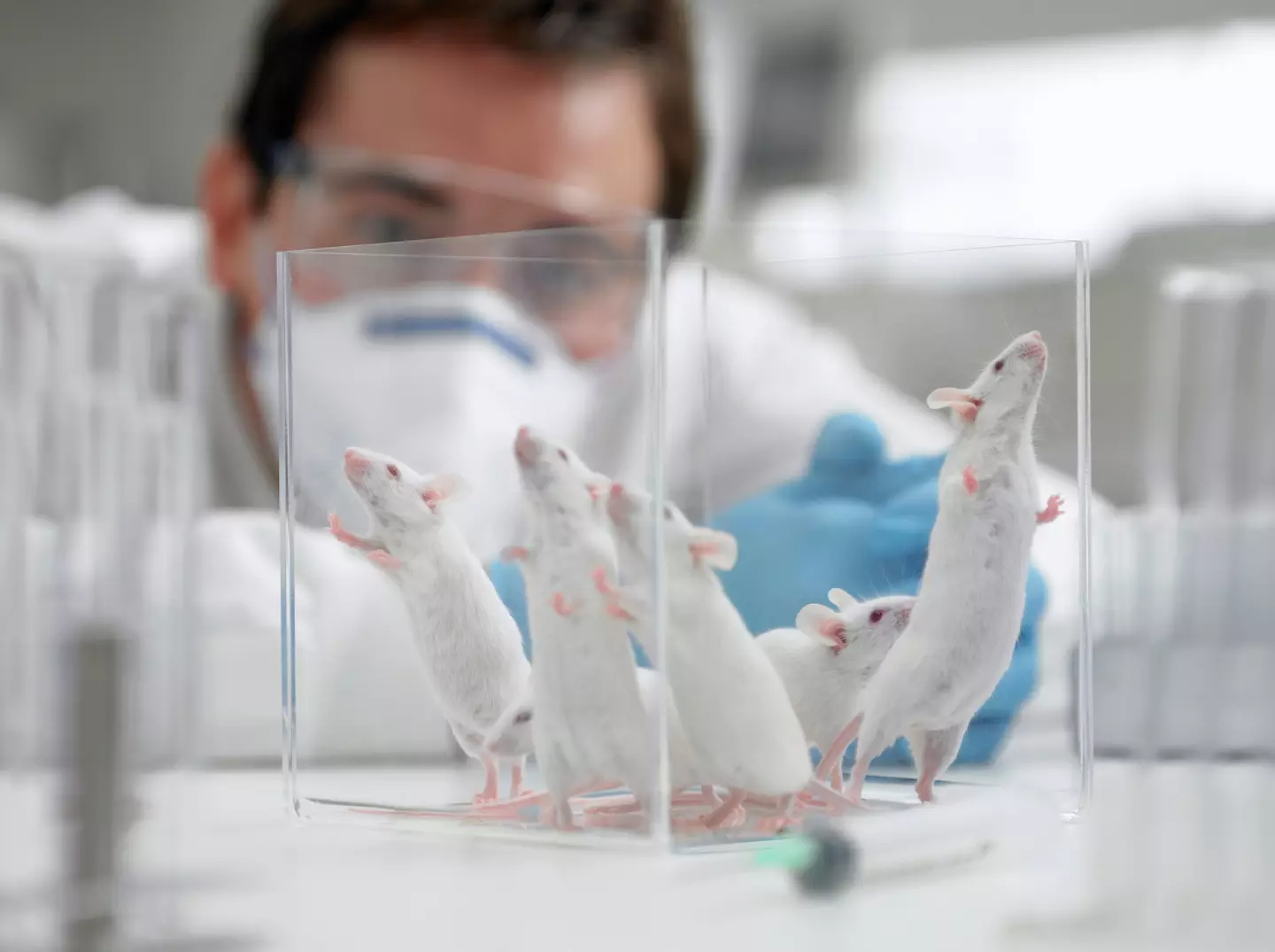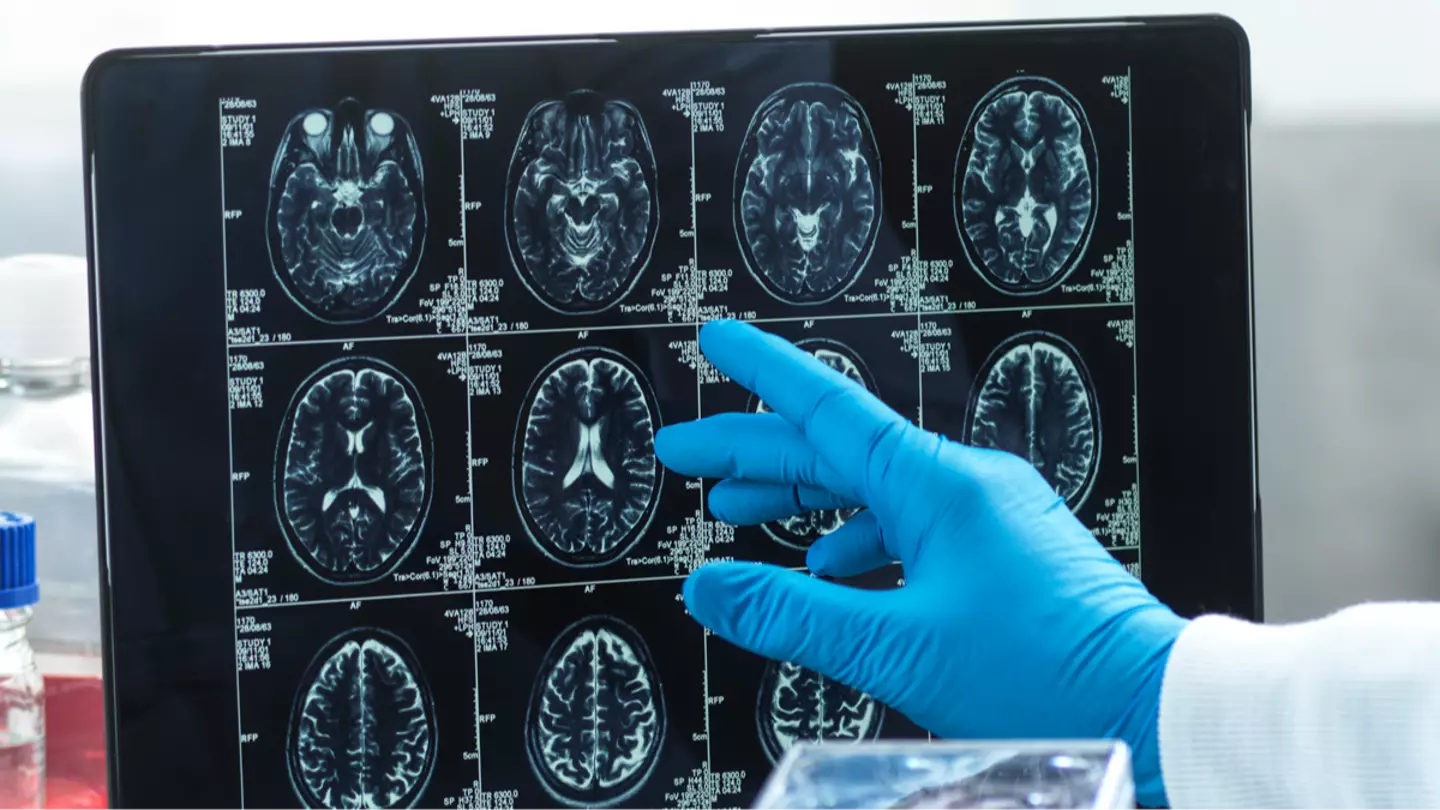Warning: This article contains discussion of dementia which some readers may find distressing.
A promising new drug under development may have the potential to prevent and even reverse dementia, leaving a leading professor ‘impressed’.
Experts at Harvard Medical School (HMS) have potentially pinpointed a cause of Alzheimer’s to be a deficiency in lithium, after conducting a decade-long study on laboratory mice and examining human brain tissue.
“The idea that lithium deficiency could be a cause of Alzheimer’s disease is new and suggests a different therapeutic approach,” stated Professor Bruce Yankner, the senior author of the study published in Nature, who is affiliated with genetics and neurology in the Blavatnik Institute at HMS.
“What impresses me the most about lithium is the widespread effect it has on the various manifestations of Alzheimer’s. I really have not seen anything quite like it all my years of working on this disease.”
The research highlighted that lithium, a naturally occurring metal in our bodies, is crucial for maintaining brain health as we grow older.

When examining the brains of individuals with early memory issues, lithium was notably the only metal present at significantly lower levels, with a further decrease observed in Alzheimer’s patients. This reduction is partly due to amyloid proteins associated with Alzheimer’s, which capture lithium, making it less accessible.
In the study, mice treated with lithium orotate showed prevention of brain cell damage and memory impairment.
Professor Yankner added: “My hope is that lithium will do something more fundamental than anti-amyloid or anti-tau therapies, not just lessening but reversing cognitive decline and improving patients’ lives.”

Despite the optimistic outlook, these findings require validation through clinical trials in humans. The professor is hopeful that measuring lithium levels might aid in screening and treating Alzheimer’s.
“You have to be careful about extrapolating from mouse models, and you never know until you try it in a controlled human clinical trial,” he pointed out. “But so far the results are very encouraging.”
Indeed, the results appear promising. Natural lithium in the brain is important for protecting against Alzheimer’s, and its loss could be an early indicator of the disease. Whether this holds true for humans remains to be seen.
If you are affected by dementia or Alzheimer’s and wish to speak with someone confidentially, please reach out to the Alzheimer’s Association at 800.272.3900, available 24/7.

